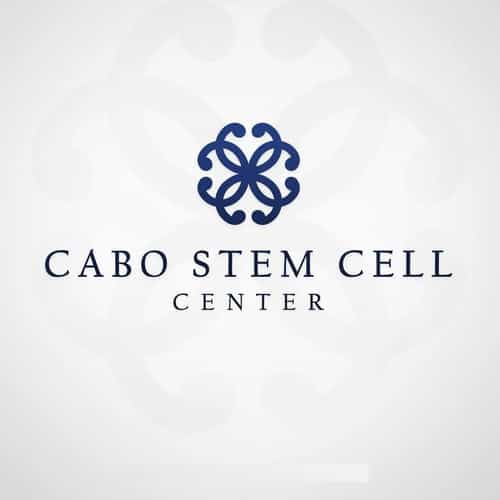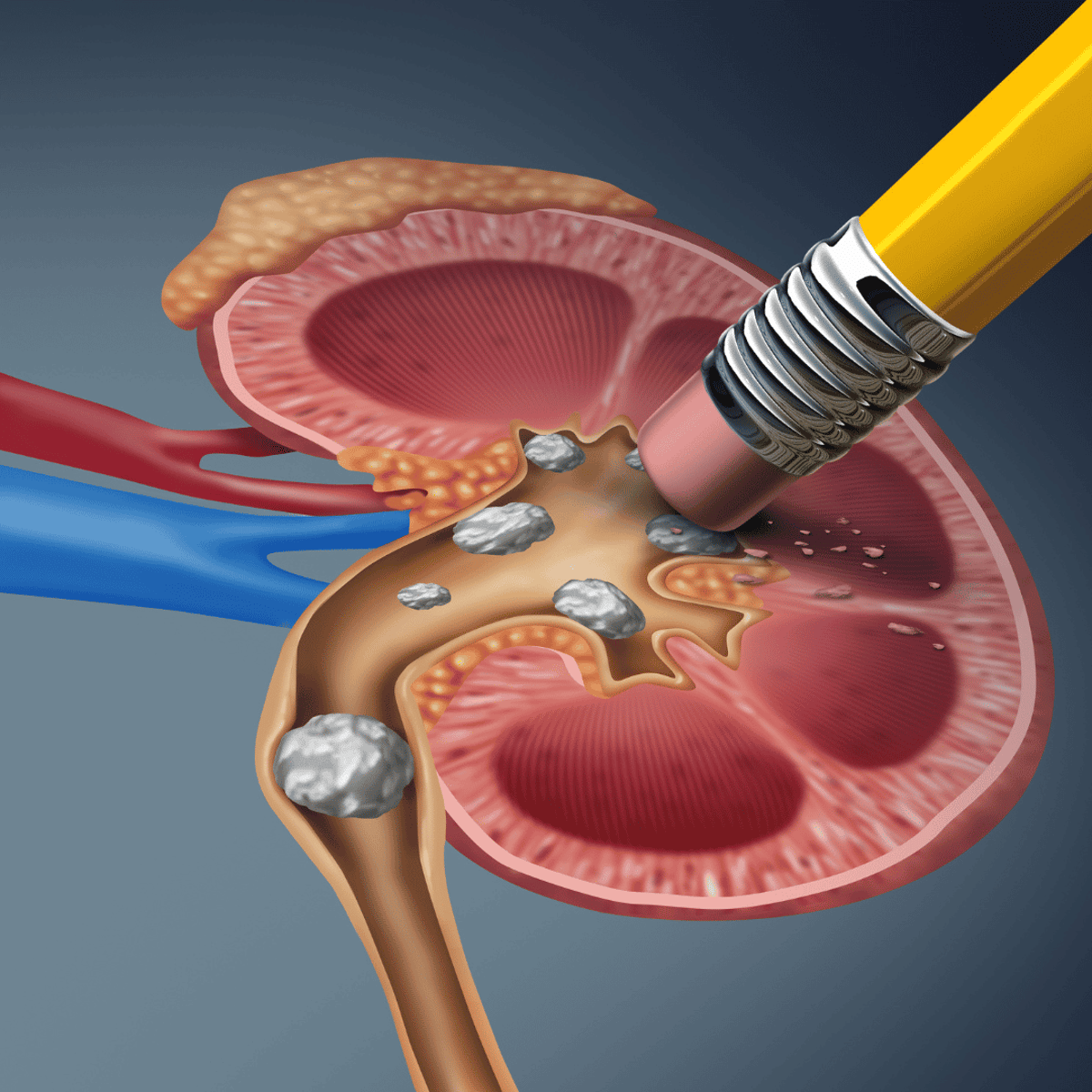
Urology is a vital medical field focused on the health of the urinary tract in both men and women, as well as the male reproductive system. Conditions ranging from common kidney stones to complex cancers require specialized care from expert urologists. As medical tourism grows, patients are increasingly looking beyond their borders for high-quality, affordable, and timely treatment. This guide explores the world's leading urology hospitals, detailing the advanced treatments they offer and why they are top choices for international patients.
Key Takeaways
-
Patients from the US, UK, and Canada can save 40% to 70% on urology procedures by traveling to destinations like Turkey, Mexico, or India.
-
Top international hospitals offer cutting-edge technologies not always widely available, including da Vinci robotic surgery, Holmium Laser Enucleation of the Prostate (HoLEP), and innovative stem cell therapies for conditions like erectile dysfunction and incontinence.
-
Urology treatment costs vary significantly by country:
-
Robotic Prostatectomy: $8,000–$15,000 in Turkey/Mexico vs. $35,000+ in the USA.
-
Kidney Stone Removal (PCNL/Laser): $4,000–$7,000 in India/Turkey vs. $15,000+ in the USA.
-
Stem Cell Therapy for ED: $5,000–$10,000 in Mexico/Poland vs. limited, expensive options in the USA.
-
Penile Implant Surgery: $7,000–$12,000 in Turkey vs. $20,000+ in the USA.
-
Best Urology Hospitals in the World
These handpicked clinics are globally recognized for their excellence in urology, combining experienced medical teams with state-of-the-art facilities and a strong focus on patient-centered care.
ClinicExpert
– Istanbul, Turkey

ClinicExpert has established itself as a leader in Istanbul’s thriving medical tourism sector. It provides a full spectrum of urological services, from diagnostics to advanced minimally invasive surgery. The urology clinic in Turkey is known for its comprehensive care packages that ensure a seamless and stress-free experience for international patients.
Key Treatments:
-
Prostate Care (BPH, Prostatitis)
-
Urological Oncology
-
Penile Implant Surgery
-
Kidney Stone Treatment
VISANI® Stem Cells
– Puebla, Mexico

VISANI® is at the forefront of regenerative medicine, offering innovative stem cell and exosome therapies for challenging urological conditions. Located in Puebla, this clinic focuses on treatments for erectile dysfunction and urinary incontinence, aiming for long-term healing and tissue regeneration rather than just symptom management.
Key Treatments:
-
Stem Cell Therapy for Erectile Dysfunction
-
Exosome Therapy for Urinary Incontinence
-
Regenerative Treatments for Peyronie's Disease
Bayindir Healthcare Group
– Istanbul & Ankara, Turkey

With JCI accreditation, Bayindir Healthcare Group is a trusted name in Turkish healthcare. Its urology departments in Istanbul and Ankara are equipped with the latest diagnostic and therapeutic technologies. They provide comprehensive care for men and women, covering everything from urodynamics testing to complex cancer surgeries.
Key Treatments:
-
Prostate Disease Treatment (BPH, Cancer)
-
Kidney and Bladder Stone Management
-
Female Urology (Incontinence, Pelvic Organ Prolapse)
Cabo Stem Cell Center
– Cabo San Lucas, Mexico

Located in the beautiful resort city of Cabo San Lucas, this center specializes exclusively in stem cell therapy. It offers personalized treatment plans for urological issues where conventional treatments may have failed, particularly for erectile dysfunction and certain types of incontinence, focusing on natural, regenerative healing.
Key Treatments:
-
Personalized Stem Cell Therapy Protocols
-
Erectile Dysfunction and Sexual Wellness
-
Anti-aging and Regenerative Urology
GIOSTAR Hospital Bengaluru
– Bengaluru, India

GIOSTAR (Global Institute of Stem Cell Therapy and Research) is a premier center for regenerative medicine in India. Their hospital in Bengaluru combines expertise in urology with advanced stem cell science to treat conditions like interstitial cystitis, prostate issues, and kidney disease, drawing patients from around the globe.
Key Treatments:
-
Stem Cell Therapy for Chronic Kidney Disease
-
Prostate Cancer and BPH Treatments
-
Urological Regenerative Medicine
Medicus Clinic
– Wroclaw, Poland

With over 30 years of experience, Medicus Clinic in Wroclaw is one of Poland's leading private medical centers. Its urology department is staffed by highly trained specialists who offer advanced treatments for prostate issues, kidney stones, and sexual dysfunction, using modern and minimally invasive methods.
Key Treatments:
-
One-Day Surgery for Urology
-
Laser Treatment for Prostate (LVP)
-
Sexual Dysfunction Diagnosis and Treatment
What is Urology and What Do Urologists Treat?
Urology is the surgical specialty that addresses diseases of the male and female urinary tract and the male reproductive organs. Urologists manage a wide spectrum of conditions, from non-surgical issues like urinary tract infections to complex surgical procedures for cancer.
Urologists are medical experts trained to diagnose, treat, and manage conditions affecting the kidneys, ureters, bladder, urethra, and the male reproductive organs (testes, epididymis, vas deferens, seminal vesicles, prostate, and penis). They treat a diverse patient population, from children with anatomical abnormalities to adults with age-related conditions.
Common conditions treated by urologists include:
-
Kidney Stones: Hard mineral and salt deposits that form inside the kidneys.
-
Benign Prostatic Hyperplasia (BPH): Age-related enlargement of the prostate gland.
-
Prostate Cancer: The most common cancer among men.
-
Bladder Cancer and Kidney Cancer.
-
Erectile Dysfunction (ED): The inability to get or keep an erection firm enough for sex.
-
Urinary Incontinence: The loss of bladder control.
-
Urinary Tract Infections (UTIs): Frequent infections affecting the bladder or kidneys.
-
Male Infertility: Issues with sperm production or delivery.
Why Consider Medical Tourism for Urology Treatment?
Traveling abroad for urological care offers significant advantages, including major cost savings, access to world-class specialists and advanced technology, and significantly shorter wait times for procedures.
The decision to become a medical tourist is often driven by several compelling factors. For patients from countries with high healthcare costs, like the United States, the savings can be substantial without compromising on quality. Destinations like Turkey, Mexico, and India have invested heavily in their healthcare infrastructure, creating centers of excellence that rival or even surpass standards in Western countries.
Key benefits include:
-
Cost-Effectiveness: Save up to 70% on procedures like robotic prostatectomy or laser lithotripsy for kidney stones.
-
Access to Specialized Care: Many international hospitals are early adopters of groundbreaking technologies like the da Vinci Surgical System or advanced regenerative medicine.
-
Reduced Waiting Times: In countries with public healthcare systems, wait times for specialist consultations and surgeries can be months or even years. Medical tourism offers immediate access to treatment.
-
High-Quality Patient Experience: International hospitals are designed for global patients, often offering all-inclusive packages that cover treatment, accommodation, translation services, and transfers.
Key Technologies and Treatments in Modern Urology
Modern urology is defined by minimally invasive techniques, with robotic surgery, advanced lasers, and regenerative medicine leading the way in improving patient outcomes and reducing recovery times.
Technological advancements have revolutionized urological surgery, moving from traditional open surgeries to precise, minimally invasive procedures.
Robotic-Assisted Surgery (da Vinci System)
The da Vinci Surgical System is a sophisticated platform that allows surgeons to perform complex procedures with enhanced precision, flexibility, and control. For urology, it is the gold standard for robotic prostatectomy, offering benefits like less blood loss, reduced pain, shorter hospital stays, and a faster return to normal activities.
Laser Therapies (HoLEP, ThuLEP)
Laser technology is a cornerstone of modern urology, especially for treating BPH and kidney stones. Holmium Laser Enucleation of the Prostate (HoLEP) is a highly effective procedure for enlarged prostates of any size. For kidney stones, laser lithotripsy breaks stones into tiny, passable fragments with minimal damage to surrounding tissue.
Stem Cell Therapy
A frontier in medical science, stem cell therapy is showing great promise in urology. Clinics in Mexico, India, and Poland are using regenerative medicine to treat conditions like erectile dysfunction, Peyronie's disease, and stress urinary incontinence. These therapies aim to repair and regenerate damaged tissue, offering a potential long-term solution.
Expert Insight "Robotic surgery has transformed how we treat prostate cancer. The 3D high-definition view and wristed instruments allow us to operate with a level of precision that was unimaginable with open surgery. This translates directly to better outcomes for our patients, particularly in preserving nerve function related to continence and erections." - A Lead Urological Surgeon
Cost of Urology Procedures in Top Destinations
The cost of urological procedures can be a major barrier to care, but leading medical tourism destinations offer world-class treatment at a fraction of the price in Western countries.
Cost is a primary driver for medical tourism. The table below provides estimated costs for common urology procedures in popular destinations compared to the United States. These prices are often part of all-inclusive packages.
Disclaimer: These are estimated prices and can vary based on the specific hospital, surgeon's experience, and the complexity of the patient's case.
Did You Know? A patient traveling from the U.S. to Turkey for a robotic prostatectomy can save enough money to cover the entire cost of travel, accommodation, and the procedure, and still have significant savings left over compared to undergoing the surgery at home.
Preparing for Your Urology Treatment Abroad
Proper preparation is key to a successful medical journey. This involves thorough consultation, organizing medical records, and planning travel logistics well in advance.
Once you've chosen a hospital, the preparation phase begins. A smooth process ensures you arrive ready for your treatment and can focus entirely on your recovery.
-
Initial Online Consultation: Schedule a video call with your chosen urologist to discuss your case, treatment options, and expected outcomes.
-
Medical Records Transfer: Securely send all relevant medical records, including imaging (MRI, CT scans), blood tests, and biopsy results, for review.
-
Treatment Plan and Quote: Receive a detailed treatment plan and an all-inclusive price quote. Ensure it covers surgery, anesthesia, hospital stay, medications, and any included services like transfers and accommodation.
-
Travel and Accommodation: Book flights and confirm accommodation. Most top-tier hospitals will assist with or handle these logistics for you.
-
Visa and Documents: Check visa requirements for your destination country and ensure your passport is valid. Keep digital and physical copies of all important documents.
Frequently Asked Questions (FAQs)
Q1: Which country is best for urology treatment?
There is no single "best" country; it depends on your specific needs. Turkey is renowned for its high-quality hospitals, advanced technology like robotics, and affordable all-inclusive packages. Mexico is a leader in innovative stem cell therapies for conditions like ED. India offers a great balance of highly skilled doctors and extreme cost-effectiveness.
Q2: Is it safe to travel abroad for urology surgery?
Yes, it is safe, provided you choose an accredited hospital with experienced, board-certified surgeons. Reputable international hospitals often have JCI (Joint Commission International) or similar accreditations, which signify that they meet rigorous global standards for safety and quality of care.
Q3: How long is the recovery for a robotic prostatectomy?
Recovery is significantly faster than with traditional surgery. Patients typically stay in the hospital for 1-2 days. Most can return to light activities within 1-2 weeks and resume more strenuous activities, including work, within 4-6 weeks, depending on the nature of their job.
Q4: Can stem cell therapy permanently cure erectile dysfunction?
Stem cell therapy shows significant promise for curing ED caused by underlying physical issues (e.g., poor blood flow, nerve damage). By regenerating damaged tissues, it can restore natural function. While many patients report long-lasting or permanent results, it is still an evolving field, and outcomes can vary.
Q5: What is the most common urological procedure for older men?
The most common procedure is for Benign Prostatic Hyperplasia (BPH), or an enlarged prostate. Procedures like TURP (Transurethral Resection of the Prostate) and the more modern HoLEP (Holmium Laser Enucleation of the Prostate) are frequently performed to relieve urinary symptoms.
Q6: What should I look for in a urologist's credentials?
Look for a surgeon who is board-certified in urology, has fellowship training in a subspecialty (like urologic oncology or robotics), and has extensive experience performing your specific procedure. Check their publication history and affiliations with reputable medical societies.
Ready to Explore Your Options? Let PlacidWay Guide You.
Navigating international healthcare can be complex, but you don't have to do it alone. PlacidWay connects you with the world's leading urology hospitals and specialists. We provide personalized guidance, help you compare treatment options, and facilitate a seamless medical journey.
Contact PlacidWay today for a FREE, no-obligation quote and find the best urology care for your needs.
If you need help choosing a urology treatment or you wish to find out more about what we offer in that field, feel free to contact us!





.png)











Share this listing